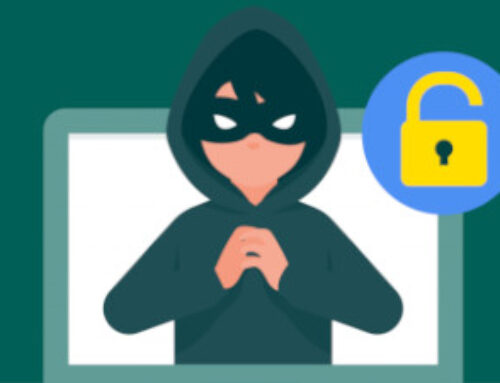| In today’s digital landscape, phishing attacks have become a pervasive cybersecurity threat that can compromise both your financial well-being and personal identity.
Outlined below are several tips that can be of great value to your family and friends:
5 Tips to Help You Recognize a Potential Phishing Attempt:
- Unusual Requests for Personal Information: If you receive an email from a bank asking you to click on a link and verify your account details, exercise caution. When in doubt, contact the company directly using the contact information provided on its official website.
- Generic Greetings: Be wary of emails that begin with generic salutations, such as “Dear valued member” or “Dear customer,” and request you to take immediate action or provide personal information. These could be phishing attempts.
- Fake Email Addresses: Pay attention to slight alterations in the company email address, such as “[email protected]” instead of “[email protected].” Some phishing emails may use a seemingly legitimate name or company followed by a bracketed email address, such as “Facebook ([email protected]).” Remember, the email domain (what follows the “@”) is a crucial identifier of the sender’s legitimacy.
- Suspicious Hyperlinks: Phishing emails often present links that appear to be legitimate, such as “bankofamerica.com,” but hovering over them reveals a different URL, such as “bankofamerrica.com” (with two “r”s). Always hover your mouse over embedded links (without clicking) and ensure that the link begins with “https://.”
- Unsolicited Attachments: Be cautious when receiving unexpected emails, especially those purportedly from shipping companies that include attachments tracking a package you have not ordered recently. Pay attention to high-risk attachment file types, such as those ending with .exe, .scr, and .zip.
The most effective safeguard against phishing is a blend of vigilance and healthy skepticism. Before clicking on any links, providing personal or financial information, or downloading attachments, thoroughly scrutinize any suspicious communication.
We work diligently to foster the growth and protection of our clients’ privacy by equipping them with the knowledge needed to navigate safely in this digital age. Safeguarding your personal information is a critical part of securing your financial future. |



